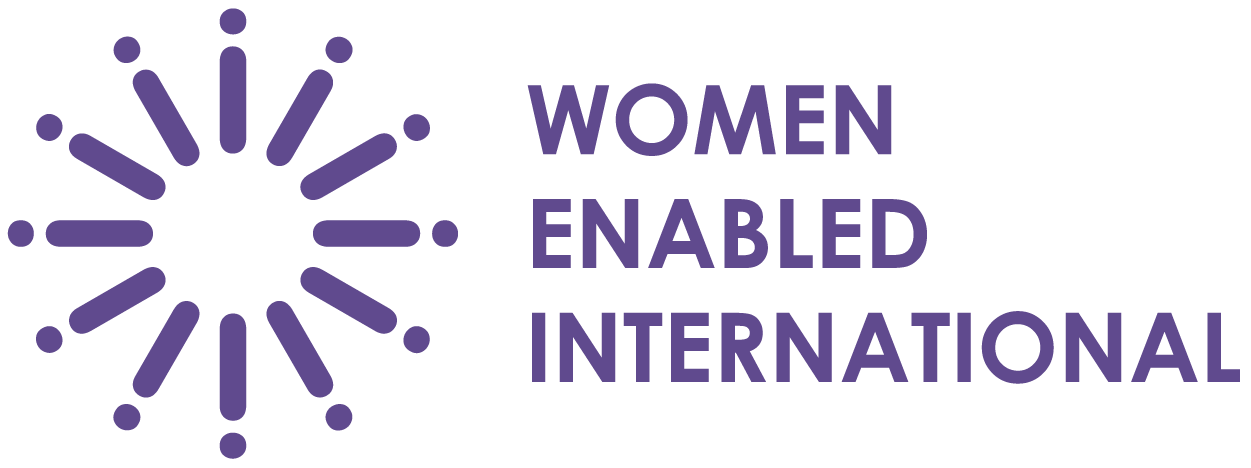
Women Enabled International is deeply distressed by the Supreme Court of the United States’ decision in Dobbs v. Jackson Women’s Health Organization today, which overturns a nearly 50-year legal precedent and eliminates a federal right to abortion in the United States. As a result of this decision, abortion could become illegal or severely restricted in over half of U.S. states and territories, with devastating consequences for the lives and health of more than 40 million women and other people with the biological capacity to become pregnant.
Abortion is essential health care to which women and gender minorities—with and without disabilities—need safe and legal access in order to exercise control over our bodies and lives, live with dignity, and achieve full recognition of our personhood. Restrictions on access to abortion have a disproportionate impact on the lives and well-being of women and gender minorities with disabilities.
For example:
· Pregnant persons with disabilities may face significant health impacts and complications from pregnancy, including as a result of their impairments, and so may require access to abortion to ensure protection for their own health and lives.
· Persons with disabilities are at heightened risk of sexual violence and abuse; being forced to continue an unwanted pregnancy that results from that abuse may have significant mental and physical health impacts.
International human rights law affirms a right to reproductive autonomy and freedom. The realization of this right should not be contingent upon where we live. The Supreme Court’s decision, however, effectively requires a significant portion of the population to travel out of state to be able to exercise this right. Pregnant persons with disabilities face significant financial and logistical barriers to traveling to another jurisdiction to obtain an abortion, as travel may be too expensive, the means of travel may be inaccessible, and they may require a support person or interpreter to undertake such travel. Furthermore, some people with disabilities have trouble accessing needed information due to the inaccessibility of the way the information is presented or lack of financial resources for Internet access. This further complicates their ability to access out-of-state abortion care.
As a result of these significant barriers, pregnant persons with disabilities—particularly those who experience multiple forms of marginalization due to race, ethnicity, sexual orientation, gender identity or expression, age, or other statuses—will be denied their right to essential reproductive health care. As we have seen globally, people who cannot access legal abortion may resort to unsafe and/or clandestine abortions, with attendant risks to life and health, in addition to the threats of criminal charges.
The impact of this decision will be felt deeply across the United States and around the globe. WEI is committed to working in partnership with disability and reproductive rights and justice organizations across the country to mitigate the harmful effects of this decision on our community and to ensure that the voices and perspectives of women and gender minorities with disabilities are included in this important fight for our human rights.
In addition to WEI’s ongoing work to bring an intersectional gender and disability lens to discussions and advocacy around abortion rights, in the coming months we plan to:
· Give guidance to abortion funds about how to ensure that funding reaches and is inclusive of women and gender minorities with disabilities.
· Develop and disseminate accurate information about the impact of the Dobbs decision in accessible formats.
· Bring the learnings from our sisters in other countries who have participated in their countries’ movements for abortion rights to inform the longer-term response of U.S. disability rights and justice actors to this human rights crisis.
Today’s decision is a significant attack on our fundamental rights, and we share the pain, anger, and exhaustion that so many of you feel. But while this marks the end of an era in abortion rights in the United States, the fight does not end here—WEI remains committed to engaging in strategic and collective advocacy to reclaim our right to bodily autonomy.
